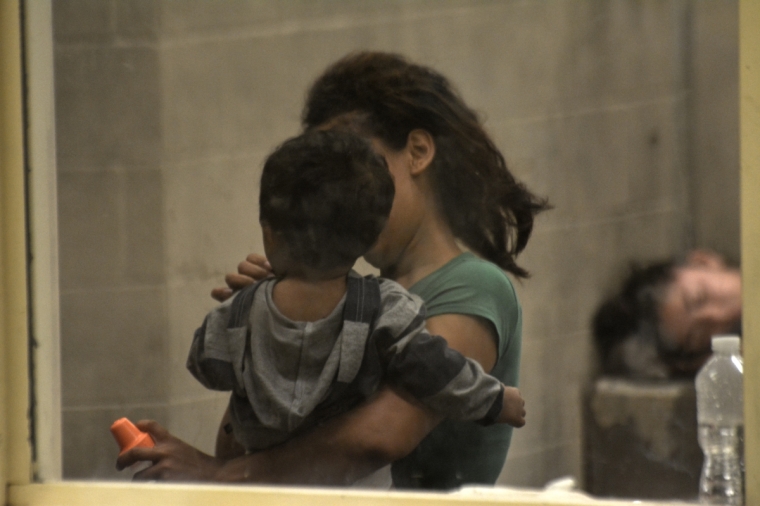Feds sexual orientation protections to impact faith-based groups

WASHINGTON (Christian Examiner) – The government announced in early December that federal contractors may no longer discriminate in the workplace on the basis of sexual orientation or gender identity.
The rule directed at government contractors and subcontractors, which will become effective in April, may well prompt faith-based groups to re-examine any ministries in which they partner with the government.
The U.S. Department of Labor's action, which is a follow-up to an executive order issued by the president last July, will apply to companies doing business with the federal government, as well as other companies doing work on their behalf.
"This rule will extend protections to millions of workers who are employed by or seek jobs with federal contractors and subcontractors, ensuring that sexual orientation and gender identity are never used as justification for workplace discrimination by those that profit from taxpayer dollars," said Patricia Shiu, who heads up the government office responsible for enforcing the rule.
While the action was not unexpected, it raises new concerns about the impact on previously exempt areas of society, including faith-based charities whose expertise is used by the government to fill the gaps in social needs programs.
With the establishment of the White House Office of Faith-based and Neighborhood Partnerships by President George W. Bush in 2001, known then as the White House Office of Faith-based and Community Initiatives, the government expanded on the "charitable choice" provision of the 1996 welfare reform bill.
Through the office the government was intentional in partnering with religious groups who could better meet the needs of individuals in their communities and, in turn, could receive federal funds for their work.
Up to now the primary rub on these faith-based groups was the need to insure government and private monies weren't co-mingled. Federal funds cannot be used to underwrite "inherently religious activities such as religious instruction, worship, or proselytization."
? U.S. Customs and Border Protection reports an overall increase for the new fiscal year in the number of unaccompanied children from Central America who have been taken into custody at the Southwest Border, specifically in the Rio Grande Valley of Texas.
Yet faith-based organizations that provide social services and who receive government funding for doing so may now be at risk of having to comply with this expansion of federal labor discrimination laws. The law's only exemption remains for ministerial employees. Groups can show favor in employment to those of their faith background.
Kentucky's Sunrise Children's Services, formerly known as Kentucky Baptist Homes for Children, was targeted in 2000 with legal action after firing a lesbian employee. The organization received state funding for the care of children. While the worker's claim against the organization was dismissed in 2009, the government's newest action combined with a sea change in the political makeup of federal courts seem to signal a similar claim now might be successful.
The new rule comes at a time when the government is asking faith-based charities to do even more in providing managmement of government social services programs.
When the flood of children from Central American countries came into the U.S. last year, a Texas Baptist group, Baptist Child & Family Services (known now as BCFS), was pressed into action.
According to a news report, the organization, which was uniquely prepared for the work, agreed to care for 8,000 children on short notice at a San Antonio shelter and a facility at Fort Sill in Oklahoma and received approximately $140 million from the federal government for its work.
U.S. Customs and Border Protection reports an overall increase for the new fiscal year in the number of unaccompanied children from Central America who have been taken into custody at the Southwest Border, specifically in the Rio Grande Valley of Texas. More than 8,010 unaccompanied children were apprehended from October 1, 2014 through December 31, 2014., and "the apprehension and processing of these children present unique operational challenges for CBP and HHS" [Customs and Border Patrol and Health and Human Services], accordcing to a report on the CBP website.